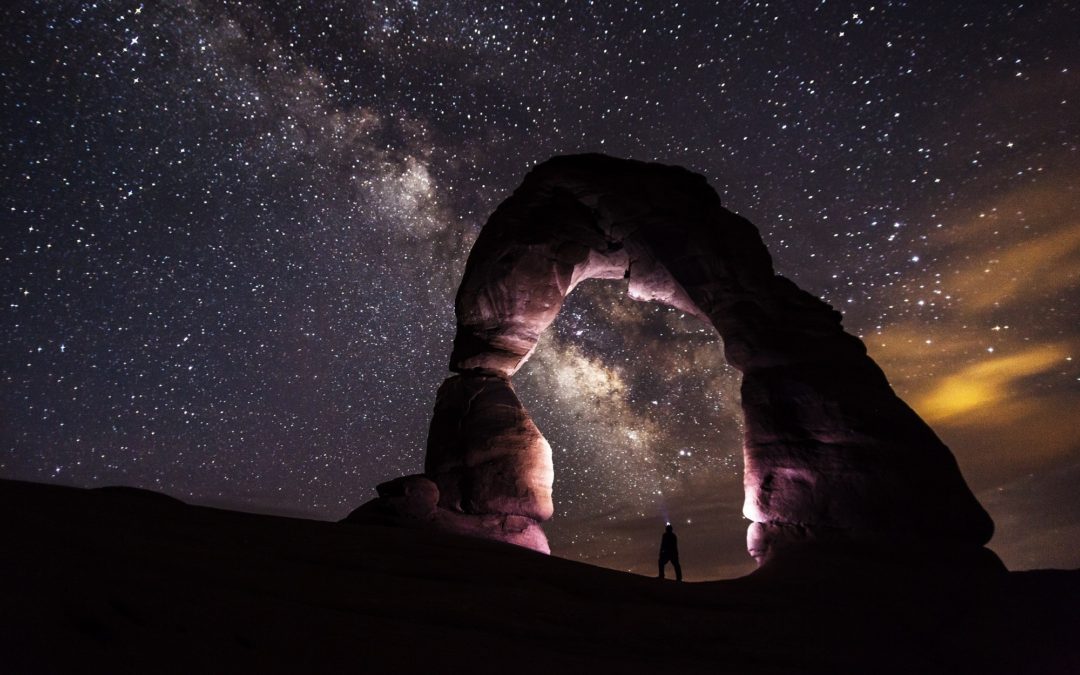Even before COVID-19 forced us into lockdown, it was often easy to feel isolated. Our busy, modern lives can leave us feeling separated from our families, friends, and neighbors, and without a sense of real community. Today, the pandemic has restricted our fragile social circles even further, increasing our sense of disconnection and aloneness.
But we are not alone. Even in our most solitary times, we are connected to one another through a real and meaningful network that ties together even the most distant among us. Indeed, in a very real sense, the Earth is one big community, each of us dependent on one another for our health and wellbeing.
How can that possibly be true? Well, zoonotic diseases like COVID-19 provide a good example. The mistreatment of a wild animal in a market in one corner of the world has led to a global pandemic. Hurting one member of our global community – even a non-human member – can cause a cascade of harms. We also know that social ills like extremism and suicidal behaviours can be “contagious”, jumping from person to person and from one geographic region to the next.
Wellbeing can also spread. For instance, joy and excitement are contagious. Likewise, in forest ecosystems, trees develop sophisticated networks of roots and mycorrhizae that allow them to share nutrients, supporting one another through times of stress and scarcity. Those healthy trees provide habitat and food for native wildlife, protect against erosion, remove carbon from the atmosphere, and provide the clean oxygen we all need to breathe.
We cannot sever our connections from our global community. The actions we take in our own lives – the foods we eat, the clothes we wear, the way we travel, the ideas we share, and even the time we spend on our electronic devices – all have ramifications that reverberate around the world. Our challenge, then, is to recognize our essential interconnectedness, and to be good members of our shared community; to foster wellbeing for ourselves and others through our words and our actions.
Perhaps the most fundamental question is, “what fosters wellbeing?” For many of us, the answers will be similar: basic necessities like enough to eat, comfortable shelter, and financial security; the people we choose to spend time with and the causes we support; and more abstract needs like self-determination, love, and beauty.
As with everything, change will begin in our own backyards. Our choices ripple out to everyone – human and non-human – with whom we are connected. We need to make beneficial choices as often as we can, starting today. What will you do today to choose wellbeing – your own, our shared communities’, and the planet’s?
